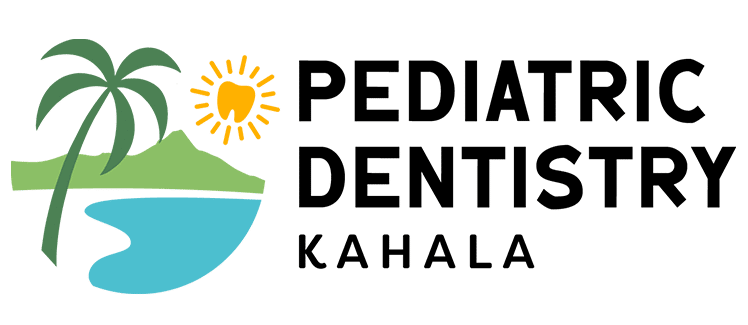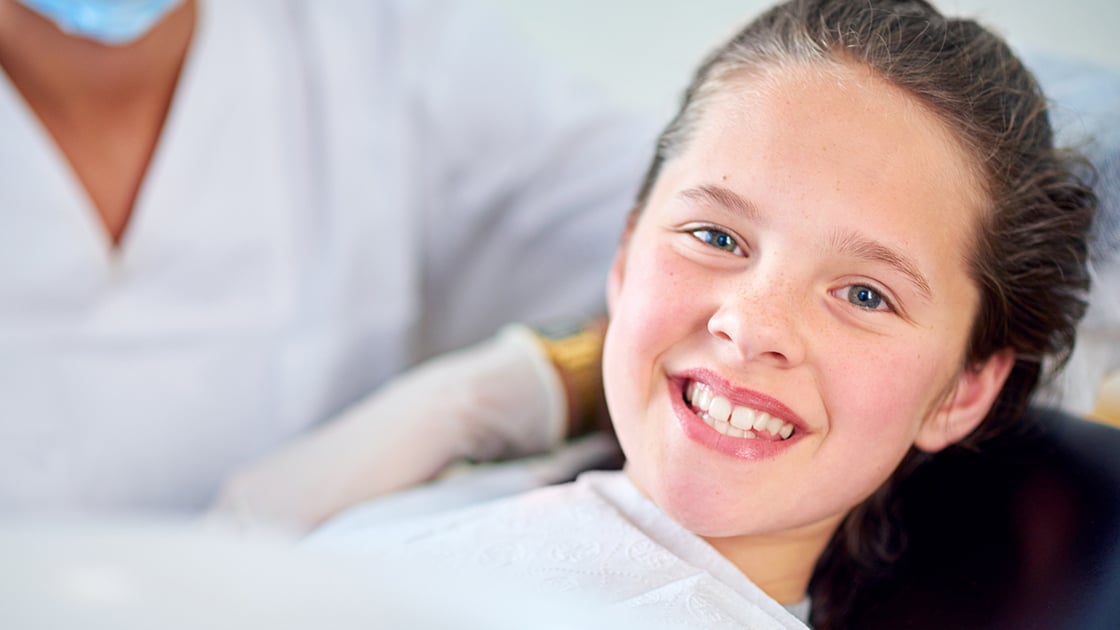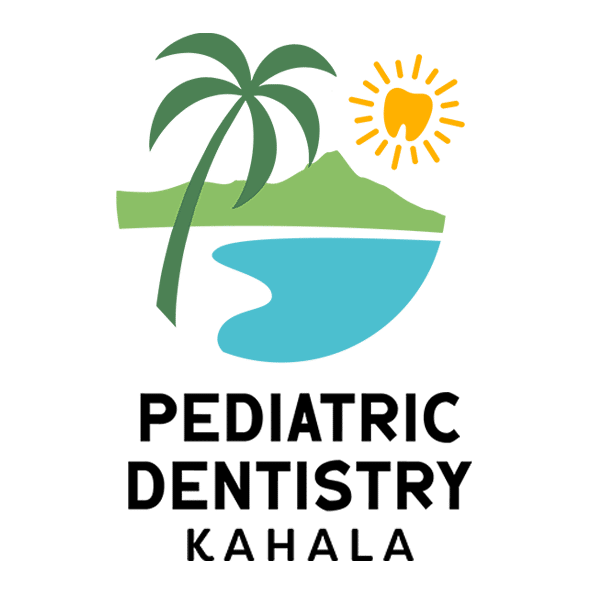What Is Preventive & Diagnostic Dentistry?
Preventive dentistry is a cornerstone of children’s lifelong oral health. When young patients receive routine care like cleanings, exams, digital radiographs also known as x-rays, and fluoride treatments, they lower their chances of developing severe oral health problems in childhood and later life.
Diagnostic care allows pediatric dentists to discover hidden problems like tooth decay in a safe, non-invasive procedure. Digital radiographs are a medical and dental history allowing allow dentists to look inside the tooth and below the gum line, checking for decay and developmental issues.
Benefits of Preventive & Diagnostic Dentistry
- Fewer cavities and healthier gums for better dental health
- Detect tooth decay and other problems at early stages when they are most treatable
- Detect abnormalities in proper growth and development, such as misaligned teeth, impacted teeth, extra or missing teeth
- Detect cysts, pathology or other related diseases of the jaws
- Lower dental treatment costs
- Improved oral health for a lifetime, with less tooth decay and a lower rate of gum disease as an adult


